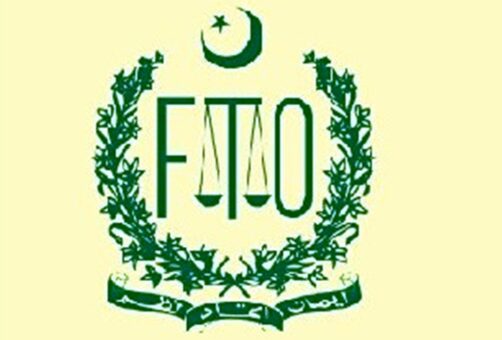In a significant move to alleviate concerns within the importing community, the Federal Tax Ombudsman (FTO) has directed the Federal Board of Revenue (FBR) to withdraw legally questionable audit notices issued to importers.
This directive came after the FBR’s Directorate of Post-Clearance Audit Karachi, a key arm of the FBR, had issued the notices, causing considerable unrest among importers.
The FTO’s order, issued on Friday, came in response to complaints filed under Section 10(1) of the Federal Tax Ombudsman Ordinance, 2000. The complaints accused the Directorate of Post-Clearance Audit (South), Karachi, of conducting unauthorized and speculative inquiries. The FTO’s investigation confirmed these allegations, stating that the PCA Karachi’s actions were contrary to law.
“The allegation that the Respondent Department (PCA Karachi) is conducting fishing and roving inquiries has been found valid,” the FTO order declared. The complaint detailed grievances against the Directorate of Post-Clearance Audit, Karachi, highlighting that audit notices issued under sections 26A and 26B of the Customs Act, 1969, were served without specific grounds or detailed allegations.
The complainant argued that these notices demanded extensive records and documents spanning five years, from 2019 to 2024, without specifying any particular transactions or legal provisions under which the exemptions were claimed. This broad and unfocused demand was seen as a tactic of “shooting in the dark,” with the hope of uncovering irregularities without concrete evidence or specific suspicions.
The FTO’s intervention underscores a commitment to fair and lawful tax practices, ensuring that inquiries and audits are conducted based on solid evidence and clear legal grounds. This decision is expected to restore confidence among importers, who had expressed significant distress over the arbitrary and expansive demands for documentation.
By ordering the withdrawal of these audit notices, the FTO has reinforced the principle that tax authorities must adhere to legal standards and avoid imposing undue burdens on the business community. The resolution of this issue marks a victory for importers, safeguarding their rights against unfounded and intrusive inquiries, and setting a precedent for more transparent and accountable tax administration practices.
